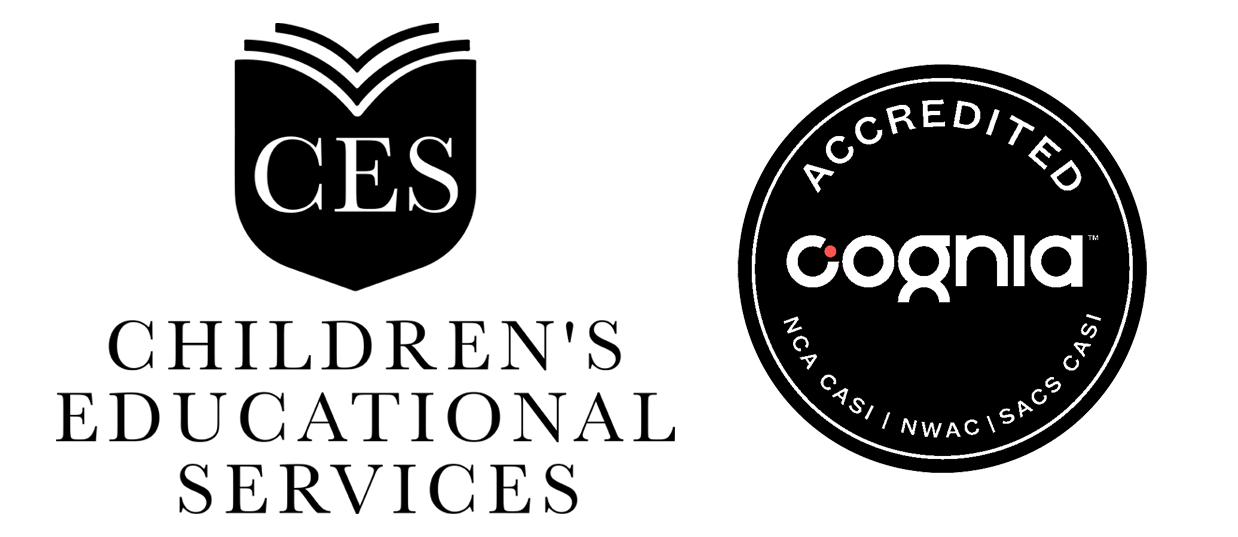Top Tips for Raising a Motivated Reader

Reading crosses into every area of a person’s life. We must read to fill out a job application, to file a tax report and to communicate with other people. Email has become the primary way that we communicate in business and in our personal lives. Social media chat is another way we communicate. Reading is at the heart of it. If we do not have a solid understanding of reading skills, we are not able to read or understand important communications from friends, coworkers or employers.
How to Get Better at Math: 5 Tips for Parents

“I’m just not a math person.” I hear this phrase a lot and it always makes me cringe just a little. Then I remember how many times I’ve seen a great artist’s work and thought, “I don’t have an artistic bone in my body.” Oops, guilty.
How to Set Up Your Kids for Educational Success in 2024

In the hustle and bustle of the holiday season, the inevitable return to school once winter break is over is often pushed to the very back of our minds. Transitioning from leisurely holiday breaks to a structured classroom routine can be a significant adjustment for children. With the dip in recent academic performance scores, emphasizing the importance of adopting effective strategies to help students smoothly navigate this shift is top of mind.
3 Ways to help students in special education

There a number of reasons why a child may need to attend a special education program at school. Special education can help learners who struggle with developmental delays, such as dyspraxia or apraxia of speech, and/or children who experience challenges with literacy and numeracy because of a specific learning difference.
20 Best Math Board Games to Enhance Your Kid’s Math Abilities

Did you know that board games can do more than just entertain? According to a comprehensive review of research spanning 23 years, math board games, such as Monopoly, Othello, and Chutes and Ladders, significantly enhance mathematical abilities in young children. This groundbreaking study, published in the journal Early Years, reveals that children aged 3 to 9 who engage in number-based board games improve in areas like counting, addition, and recognizing numerical values.
How Can I Improve My Child’s Reading?

This advice for parents details what they can do to help preschoolers become readers, and help school-age children improve their reading skills.
Strategies For Teaching Children With Learning Disabilities

Are you a parent or teacher with students who have learning differences? Children with ADHD, reading disabilities, dyslexia and other disorders can experience more struggle than their peers. They may have difficulty performing tasks, focusing on lessons, remembering concepts and adapting to changing routines.
Table of Contents
Fortunately, you can help students who are struggling. Here’s how to support a child with learning difficulties in school.
Tips and tools for helping kids with their homework (but not doing it for them!)

It must be the time of year for it because recently many readers have asked questions on how to help kids with their homework. With only two kids in school now (year 8 and year 10) I really don’t do a lot of helping with homework. I actually don’t do anything at all with the year 10 child other than answer questions if he has any and remind him occasionally to monotask – not try and listen to podcasts etc, while doing homework! With the year 8 child it isn’t so much as helping with the homework but helping him be better organised with how he approaches his homework and study.
5 Awesome Tips to Boost Your Child’s Math Skills Easily!

Helping kids to be good at math is easy using these five steps to improve a children’s math skills that we provided for smart parents like you.
Four Gateway Books for Reluctant Readers

Are your students out of the habit of reading “real” books? I have noticed that although many of my own students are flat-out thrilled to be back in the classroom, some have been dragging their heels when it comes to good, old-fashioned, printed-page literature. It makes sense; after a year and a half (or more) of working on laptops with the newest apps and educational games, it can be a jarring transition back to books, pencils, and paper. While there’s always an element of the reluctant reader syndrome in our classrooms, I and many of my colleagues are finding it particularly difficult this school year to guide our reluctant readers back into a great book.


